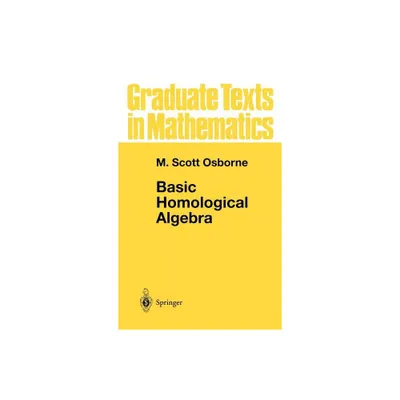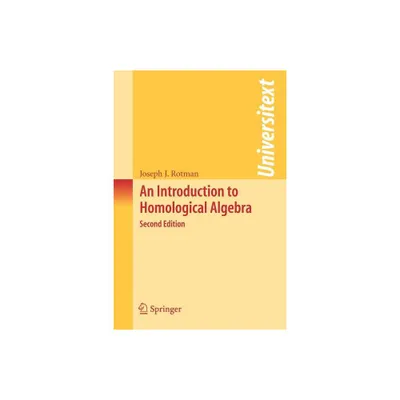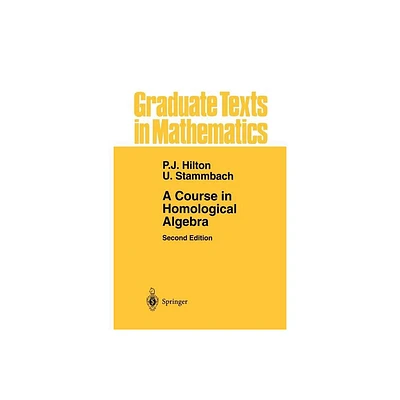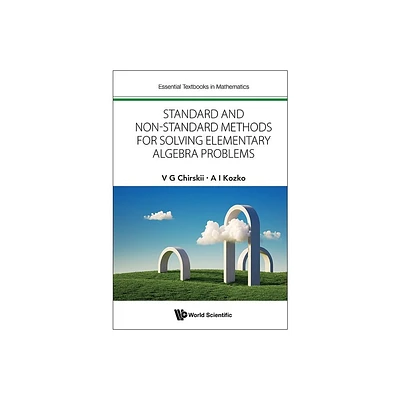Home
Homological Algebra: Strongly Non-abelian Settings
Loading Inventory...
Barnes and Noble
Homological Algebra: Strongly Non-abelian Settings
Current price: $128.00


Barnes and Noble
Homological Algebra: Strongly Non-abelian Settings
Current price: $128.00
Loading Inventory...
Size: Hardcover
*Product Information may vary - to confirm product availability, pricing, and additional information please contact Barnes and Noble
We propose here a study of ‘semiexact’ and ‘homological' categories as a basis for a generalised homological algebra. Our aim is to extend the homological notions to deeply non-abelian situations, where satellites and spectral sequences can still be studied.This is a sequel of a book on ‘Homological Algebra, The interplay of homology with distributive lattices and orthodox semigroups’, published by the same Editor, but can be read independently of the latter.The previous book develops homological algebra in p-exact categories, i.e. exact categories in the sense of Puppe and Mitchell — a moderate generalisation of abelian categories that is nevertheless crucial for a theory of ‘coherence’ and ‘universal models’ of (even abelian) homological algebra. The main motivation of the present, much wider extension is that the exact sequences or spectral sequences produced by unstable homotopy theory cannot be dealt with in the previous framework.According to the present definitions, a semiexact category is a category equipped with an ideal of ‘null’ morphisms and provided with kernels and cokernels with respect to this ideal. A homological category satisfies some further conditions that allow the construction of subquotients and induced morphisms, in particular the homology of a chain complex or the spectral sequence of an exact couple.Extending abelian categories, and also the p-exact ones, these notions include the usual domains of homology and homotopy theories, e.g. the category of ‘pairs’ of topological spaces or groups; they also include their codomains, since the sequences of homotopy ‘objects’ for a pair of pointed spaces or a fibration can be viewed as exact sequences in a homological category, whose objects are actions of groups on pointed sets.


















